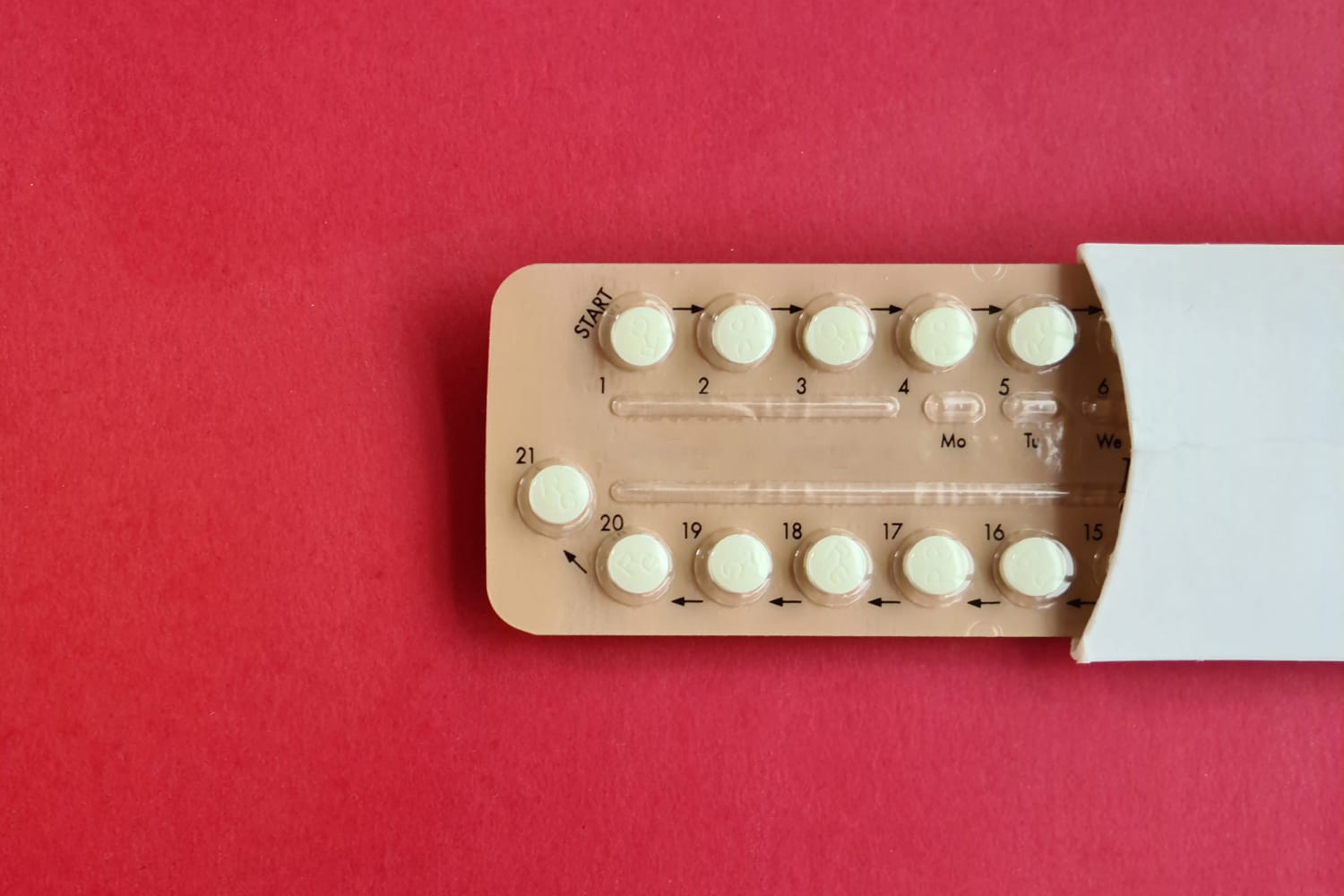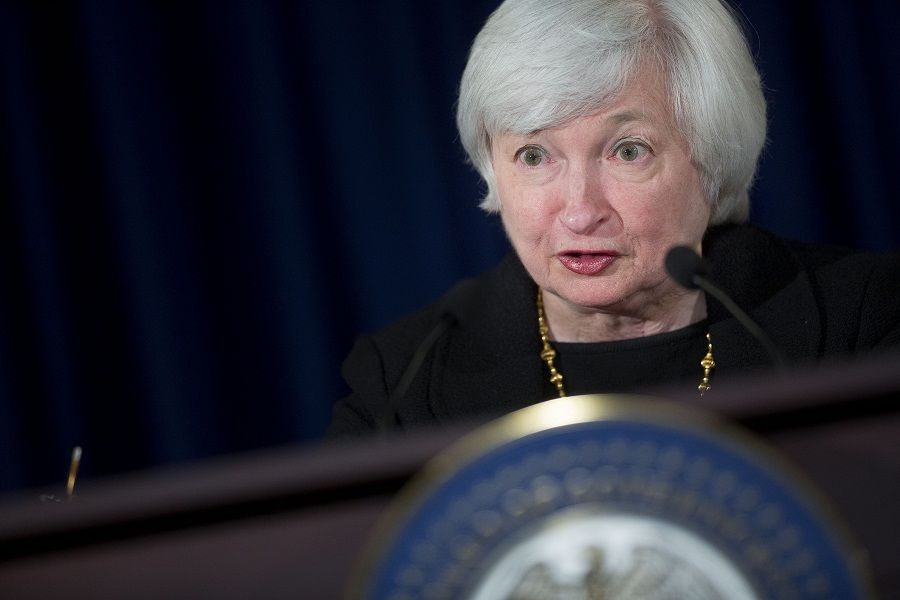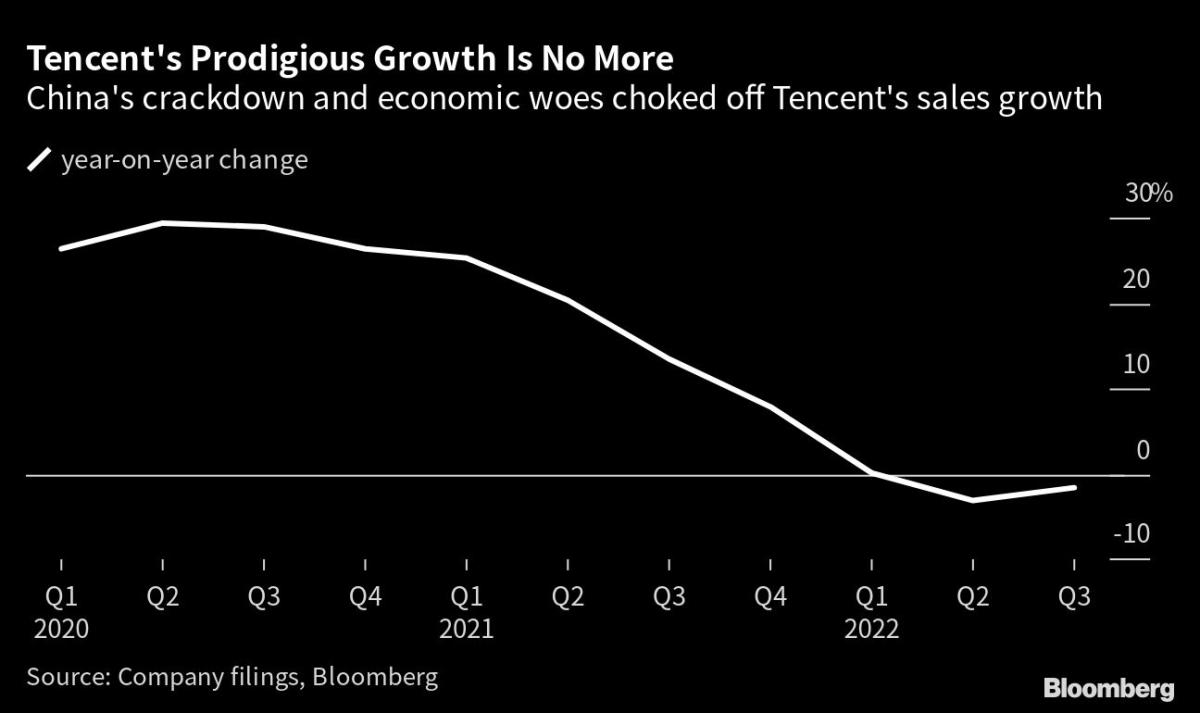Studies show that birth control methods that use a single hormone increase the risk of breast cancer in the same way as methods with a combination

Research for decades has suggested that birth control pills containing both estrogen and progestogen – synthetic versions of female hormones – may slightly increase the risk of breast cancer. But less research has focused on the risks associated with progestogen-only birth control, such as intrauterine devices or the so-called mini-pill.
A study published Tuesday in the journal PLOS Medicine found that the risk of developing breast cancer is the same for all of these options, whether they rely on one hormone or two.
The relative risk of being diagnosed with breast cancer was 20-30% higher among women who used or recently used dual-hormone birth control pills, progestogen-only pills, or hormonal IUDs compared with women who did not.
According to the Centers for Disease Control and Prevention, as of 2019, 14% of U.S. women aged 15 to 49 were taking oral contraceptive pills, and about 10% were using long-acting reversible contraceptives such as IUDs or birth control implants.
“I really don’t want women to see this and think, ‘Oh no, I have to stop progestogen-only pills,'” said Gillian Reeves, co-author of the new study and head of the Center for Cancer Control. Department of Epidemiology, University of Oxford.
“There is an increased risk that you are using in terms of hormonal contraceptives,” she added. “These new types, which haven’t been as well studied, look like they’re definitely not worse.”
The findings are based on an analysis of prescription records from women under the age of 50 in the UK. Nearly 9,500 of these women were diagnosed with breast cancer between 1996 and 2017, and more than 18,000 were not.
The researchers combined their analysis with results from 12 other studies that looked at the risk of progestogen-only contraceptives. The overall results were similar, suggesting that hormonal contraception may increase the risk of breast cancer by 30%.
However, this is a relative risk: on average, a woman has a 1 in 8 chance of getting breast cancer at some point in her life, so the study suggests that hormonal birth control slightly raises those chances.
Among women aged 35 to 39, Reeves said, “We estimate that the additional risk will only be [in] by about 0.2% over that 15-year period, so it’s still relatively low.”
Dr. Rachel Urrutia, associate professor of obstetrics and gynecology at the University of North Carolina School of Medicine, said the new findings are consistent with other similar studies. Her own 2013 analysis, she added, showed that birth control pills with a combination of two hormones increase the incidence of breast cancer by about 8%.
But Urrutia, who was not involved in the new study, said it’s hard to conclude with certainty that hormonal contraception increases cancer risk without a randomized controlled trial.
“It’s going to be hard to do that for birth control pills because you can’t always find people who are willing to be randomized to take birth control pills or not,” she said.
She added that it is possible that the increased risk of breast cancer in the study by Reeves and others could be due to other factors. Diet or a family history of breast cancer can also influence risk, Urrutia said, and Reeves’ study didn’t account for those specific variables.
Breast cancer risk may decrease after contraception is stopped
Reeves’ analysis included a 2017 study that similarly found a 20% increased risk of breast cancer among women who currently or recently used hormonal contraceptives.
This study followed 1.8 million women in Denmark for an average of over 10 years. For every 7690 women who use hormonal contraceptives during the year, there is one additional case of breast cancer compared to women who have never used hormonal contraceptives.
Reeves said that breast cancer is hormone-sensitive: estrogen and progesterone can activate hormone receptors in cancer cells, which can stimulate those cells to grow.
“Anything you give a woman that disrupts her normal menstrual cycle has the potential to change her exposure to both of these sex hormones, and in doing so, it could very well change her risk of hormone-dependent cancer,” she said.
But once a person stops using hormonal contraceptives, Reeves added, most of the research shows that the risk of breast cancer gradually decreases.
“We don’t expect using 10-15 years ago to have a big impact now,” she said.
Urrutia said more research is needed before doctors can advise patients on how contraceptives affect cancer risk over time, even after they are stopped.
According to the National Cancer Institute, some past research has even found that hormonal contraception can reduce the risk of certain other forms of cancer. This list includes endometrial, ovarian, and colorectal cancers.
Dallas Press News – Latest News:
Dallas Local News || Fort Worth Local News | Texas State News || Crime and Safety News || National news || Business News || Health News










